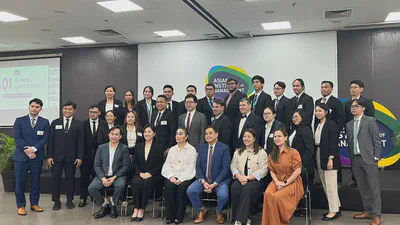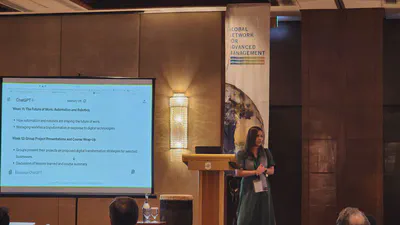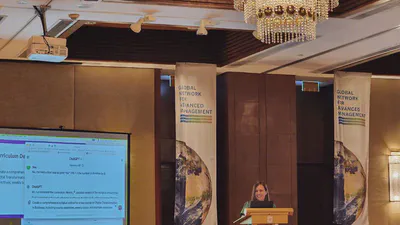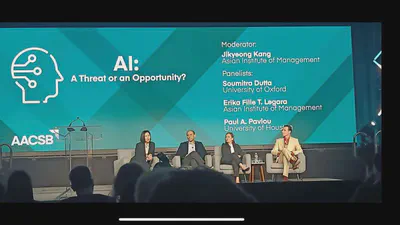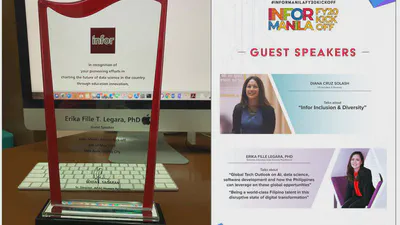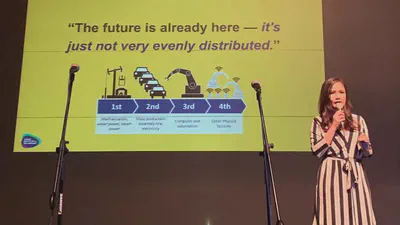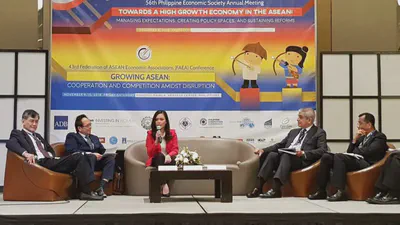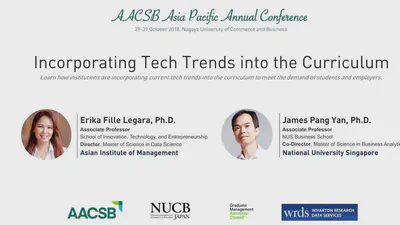Reflecting on Seven Incredible Years as APD of the MSc in Data Science
Yesterday, we welcomed the ninth cohort of MSDS students at the Asian Institute of Management. It's so surreal that we're here... What's more surreal is that this will be the last …
